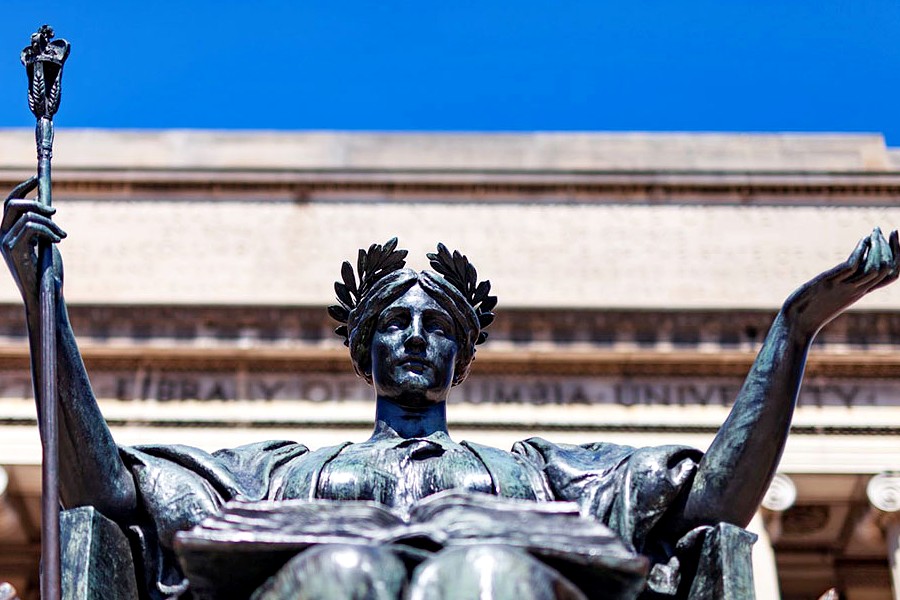 In a sports intense Harlem, Pete Rose: An American Dilemma sounds like a good read. Pete Rose is the ultimate enigma—to baseball fans, to historians and journalists, to ballplayers past and present and even to members of his own family. Now in Pete Rose: An American Dilemma (March 11, 2014, Time Home Entertainment, $26.95), published to coincide with the 25th anniversary of Rose’s banishment from baseball, New York Times bestselling author Kostya Kennedy has delivered the definitive work on baseball’s all-time hits leader.
In a sports intense Harlem, Pete Rose: An American Dilemma sounds like a good read. Pete Rose is the ultimate enigma—to baseball fans, to historians and journalists, to ballplayers past and present and even to members of his own family. Now in Pete Rose: An American Dilemma (March 11, 2014, Time Home Entertainment, $26.95), published to coincide with the 25th anniversary of Rose’s banishment from baseball, New York Times bestselling author Kostya Kennedy has delivered the definitive work on baseball’s all-time hits leader.
Based on previously untilled material and extensive interviews, including those closest to Rose—his family, former teammates, as well as Rose himself–-this groundbreaking and evocative book considers Rose through the prism and context of today’s post-steroid era. Kennedy, an assistant managing editor at Sports Illustrated and runner-up for the 2012 PEN/ESPN award for Literary Sports Writing, reveals Rose in all his ambiguity: a man revered for his hustle and verve, with great potential and greatness achieved, but also a man with a fatal flaw that precipitated his exile, whose place in baseball’s firmament, and in Cooperstown, remains unsettled.
In fascinating detail Kennedy reveals the lone regret of John Dowd, who headed the investigation into Rose’s gambling that resulted in banishment. Dowd only wished he’d had the chance to spend time privately with Rose to offer what could have been a history-altering deal. “I’ll always believe that I could have turned him around,” Dowd tells Kennedy. “That I could have made him see the error of his ways, and to see how to make it right . . . if he had done it, had owned up and accepted a punishment, well if you ask me, he could be managing the Cincinnati Reds still today.”
Kennedy shines new light on Rose’s relationship with his father, Harry (“the only hero I have ever had,” Rose says) and mother LaVerne, his wives and his brother, David. That Rose even has siblings is not well known. As Kennedy notes, when TLC’s reality show “Pete Rose: Hits & Mrs.” aired, Dave and older sister Caryl were never mentioned. And when Rose swings through Indianapolis, where Dave lives, he rarely makes a connection. Their relationship is essential to understanding Rose, and Dave emerges as a poignant character.
The book also unspools the powerful and previously unexplored narrative of Pete Rose Jr., who spent more years toiling in the low minor leagues than any player in the game’s history. Years ago when Rose talked with Petey at the ballpark, which was about the only place they saw each other, the father made his values clear. “You get a Porsche if you hit .400,” Rose tells Petey. “So long as you play the right way and you’re always on time.” Petey has spent more than two decades trying to succeed in the world that his father conspicuously ruled. Through the heights of Pete’s fame, and then depths of his public fall, Petey bore a profound burden. He and his wife named their son Peter Edward III—“it is the greatest name in the world,” Petey says—though they decided he would be known as PJ, “so that he does not have to go through what I’ve gone through.”
While a softness has emerged in the eighth decade of his life, baseball’s “Hit King” remains both his jabbering, edgy self—still ardently hawking his signature—and a conundrum. Even now, as Kennedy writes, Rose “adores and reveres baseball…as he adores and reveres nothing else” yet while banned from the game for betting, he still gambles. He has tried to auction off the five-page Dowd report that banished him from the game and annually signs autographs in Cooperstown memorabilia shops, down the street from the Hall of Fame—the place where many, including almost all his former teammates, believe he belongs, while others strongly believe he does not.
As the Rose dilemma continues to evolve, most recently putting him at the center of our national conversation about performance-enhancing drugs, it leads to larger questions: What is the price of sin? Should forgiveness be granted only to the contrite? With Rose there are no easy answers and in this fascinating and provocative work Kennedy challenges us to come to our own conclusion: How do we feel about Pete Rose now, deep in the twilight of his truly American life?
Price: $17.04
Related articles

Become a Harlem Insider!
By submitting this form, you are consenting to receive marketing emails from: . You can revoke your consent to receive emails at any time by using the SafeUnsubscribe® link, found at the bottom of every email. Emails are serviced by Constant Contact






















